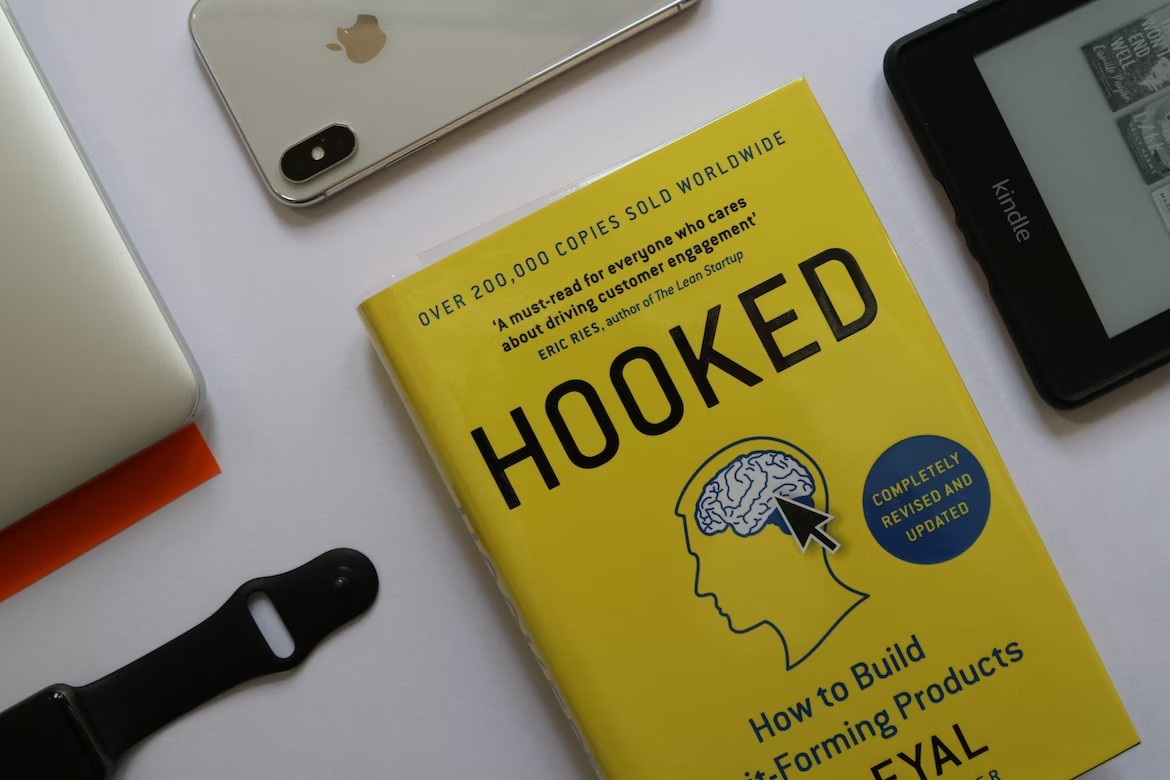As a group therapy facilitator in a recovery center, you’ve seen firsthand the struggle individuals face when dealing with addiction. E-cigarettes have emerged as a controversial topic in the recovery community, and you may be wondering: are they a gateway to smoking or a path to recovery?
In the global discourse, e-cigarettes have been hailed as a less harmful alternative to conventional cigarettes. Some even advocate their use as a harm reduction tool for smokers who are trying to quit. However, the picture isn’t as clear cut as it may seem.
On the one hand, e-cigarettes deliver nicotine in a manner that mimics traditional cigarettes but without many of the harmful compounds found in tobacco smoke. For some people, they can serve as a stepping stone to completely quit smoking. In this context, e-cigarettes can be seen as part of a harm reduction strategy, akin to methadone for opiate addiction. Yet, this perspective might overlook some critical factors.
On the Other Hand
There’s some proof to suggest that e-cigarettes could actually lead people, especially the young ones, to start smoking. For those who’ve never smoked before, using e-cigarettes might make the whole smoking thing seem normal, and this could eventually lead them to regular cigarettes. Research has pointed out that teens who dabble with e-cigarettes are way more likely to end up puffing away at traditional cigarettes.
In a place like South Africa, where a lot of folks smoke and health problems related to tobacco use are a big concern, we can’t ignore the potential of e-cigarettes to lure non-smokers towards regular cigarettes. In an environment where a lot of people are trying to kick the nicotine habit, the role of e-cigarettes gets a bit tricky.
One thing that people might not realize is that even though e-cigarettes are often marketed as a ‘safer’ option, they’re not exactly harmless. They can still expose users to damaging substances like heavy metals and volatile organic compounds. Plus, keep in mind that e-cigarettes are still pretty new and we’re still studying their long-term health effects.
When it comes to using e-cigarettes as a part of recovery, the situation gets complex. Just like any other tool, their effect greatly depends on how they’re used. For some, they might be a stepping stone towards cutting down nicotine use. But for others, especially non-smokers, they could potentially open the door to addiction.
When considering e-cigarettes, we need to look at the bigger picture of a person’s life, their addiction, and what they specifically need for their recovery.
To strike the right chord in the e-cigarette discussion, we need to recognize both the potential good and bad. For people trying to recover, the main focus should always be on cutting down harm and promoting healthier habits. If you or someone you know is thinking about using e-cigarettes as part of their recovery plan, it’s really important to have a chat about this with health experts. They can provide guidance based on the latest research and individual circumstances.
E-cigarettes, often presented as a quit-smoking tool or a lesser evil compared to traditional tobacco products, certainly stir up some debate. Let’s delve deeper into this, looking at e-cigarettes as both a potential launchpad to smoking and a possible helping hand in recovery.
They imitate the act of smoking but they’re not as harmful. They give you nicotine – the stuff in cigarettes that hooks you – but without the heap of harmful chemicals you’d find in tobacco smoke. For some people, e-cigarettes might seem like a feasible way to reduce harm.
But, their role as a quit-smoking aid isn’t without controversy.

Consider the facts:
- E-cigarettes can contain varying levels of nicotine, with some products offering nicotine-free options.
- While they reduce exposure to harmful tobacco smoke, they are not entirely harmless. They can still expose users to potentially harmful substances like heavy metals and volatile organic compounds.
- E-cigarettes are not FDA-approved quit aids. Unlike nicotine gum or patches, their effectiveness as a quit aid hasn’t been definitively proven.
South Africa is a country where smoking rates are high and the health burden of tobacco is significant. Therefore, any potential tool in the battle against nicotine addiction can’t be ignored. However, the use of e-cigarettes, particularly among youth, is a matter of concern.
Let’s look at some Frequently Asked Questions:
Can electronic cigarettes help someone give up tobacco cigarettes?
E-cigarettes have helped some people kick the habit, but whether or not they are helpful as a smoking-cessation tool is still being studied. If you want to quit smoking, your doctor can provide you individualized counseling and you should also consider using FDA-approved cessation aids.
Do electronic cigarettes have the potential to attract those who have never smoked before?
The use of electronic cigarettes has been linked to an increase in the likelihood of making the switch to regular cigarettes, especially among young people. However, further study is required to completely comprehend this connection.
Can they be used without risk?
Although it has been found that electronic cigarettes are less dangerous than regular cigarettes, this does not indicate that they are without risk. They do, however, offer the risk of exposing people to potentially hazardous substances.
The most important takeaway from this discussion is that electronic cigarettes, like any other substance or piece of technology, must be examined in the context of the environment in which they will be used.
To suggest that electronic cigarettes pose a variety of difficulties is an understatement. They can be a lifeline in the fight against nicotine addiction for some people, but it is critical to weigh the benefits against the potential risks before using them. We can’t disregard the likelihood that young people will start smoking traditional cigarettes as a result of vaping. Tobacco usage will not be solved immediately, and this is true for any country in the globe, including South Africa.
If you are serious about quitting smoking, you must perform extensive study and educate yourself on the complex world of electronic cigarettes. Only then will you be able to make an informed choice regarding which strategy is best for you. They may appear to be a simple remedy, but they must be used with extreme caution and under the supervision of a competent medical practitioner. Electronic cigarettes, often known as e-cigarettes, can help some people kick the habit of nicotine addiction, but they are not a cure-all for those who suffer from this problem. Complex challenges, such as quitting smoking, necessitate a wide range of tactics, including tried-and-true tools, a supportive environment, and tailored strategies.
Make it a priority to work toward improved health and fewer negative consequences. Understanding the potential benefits of vaping, as well as the risks associated with it, is the first step on the journey. If you are trying to quit smoking or are thinking about it, it is in your best interest to seek the assistance of qualified specialists who can provide you the most up-to-date and evidence-based guidance on how to do so. The road to recovery may not be simple, but a healthier and smoke-free life is feasible if one has access to the necessary services and is encouraged to quit smoking.







